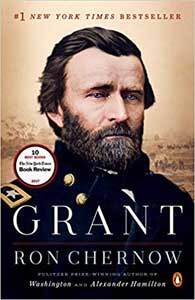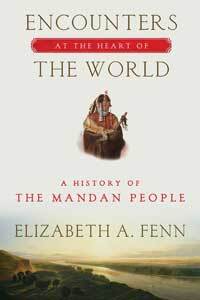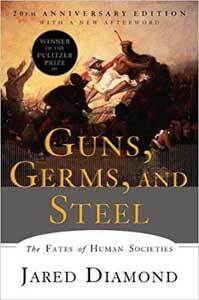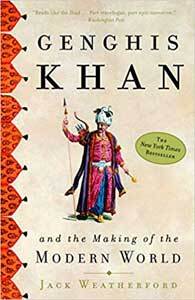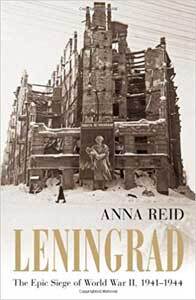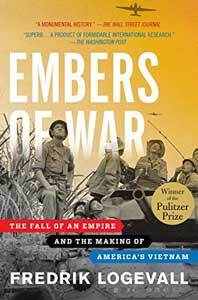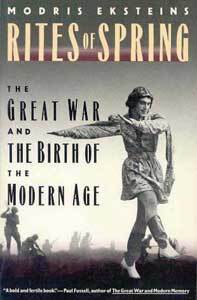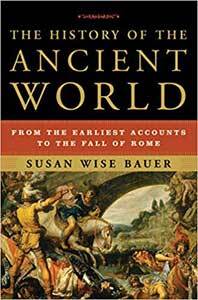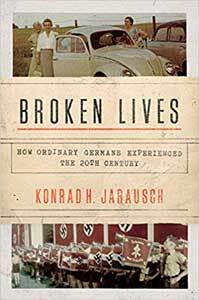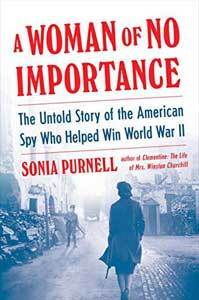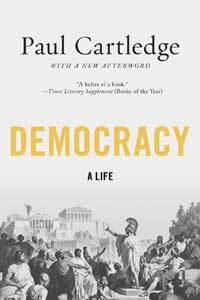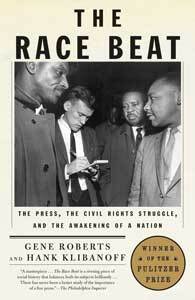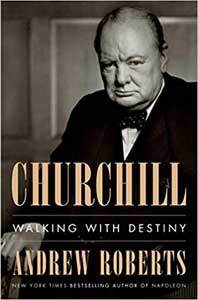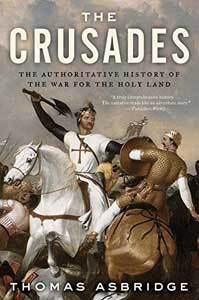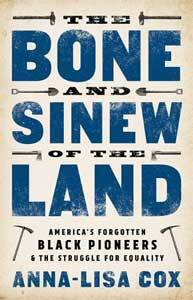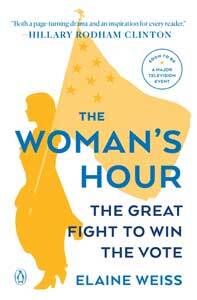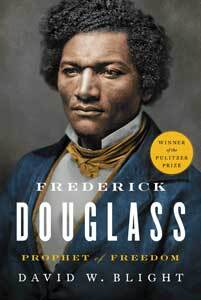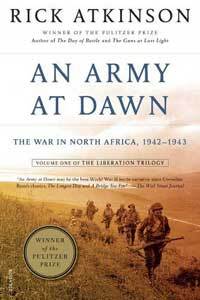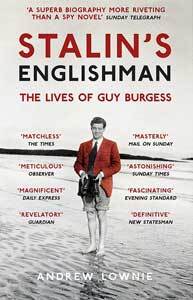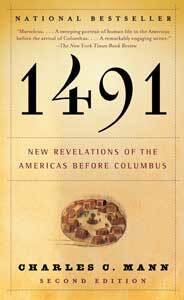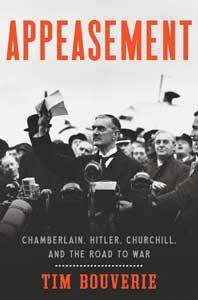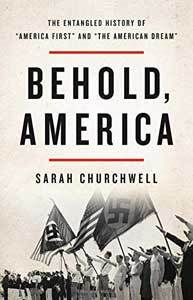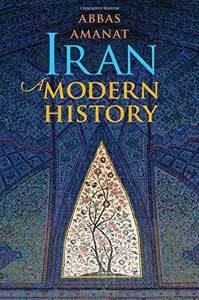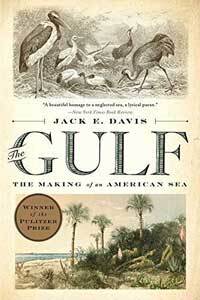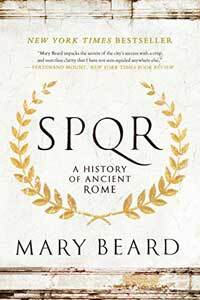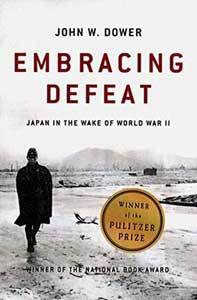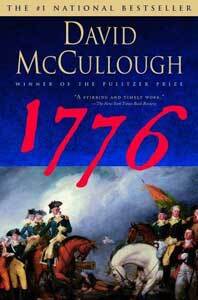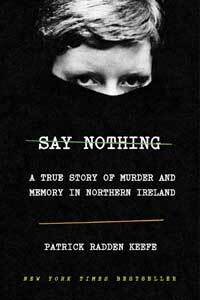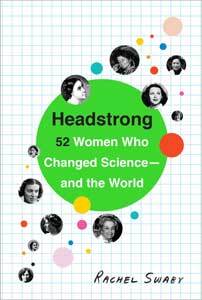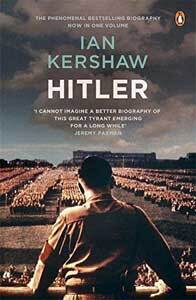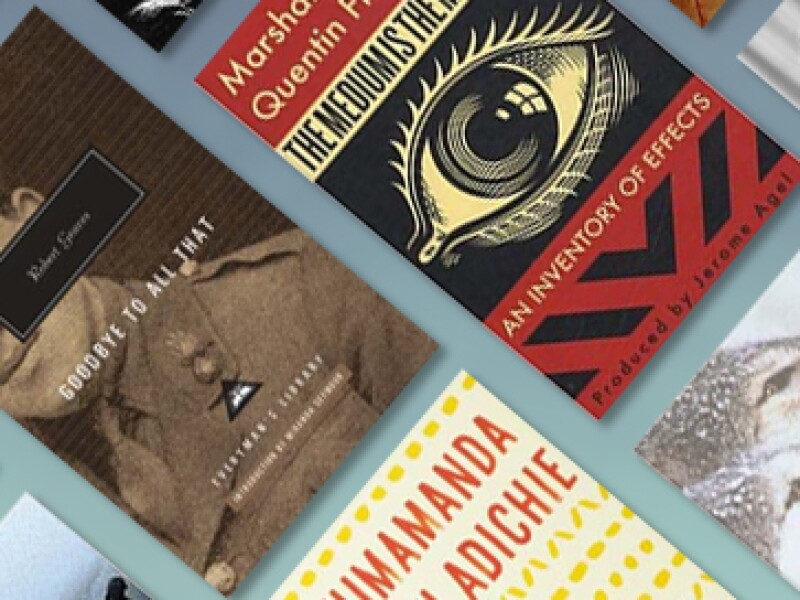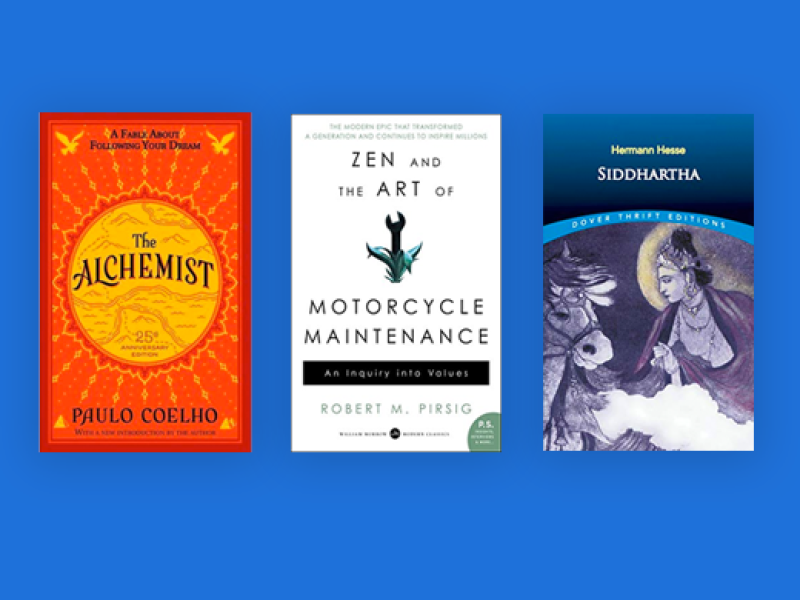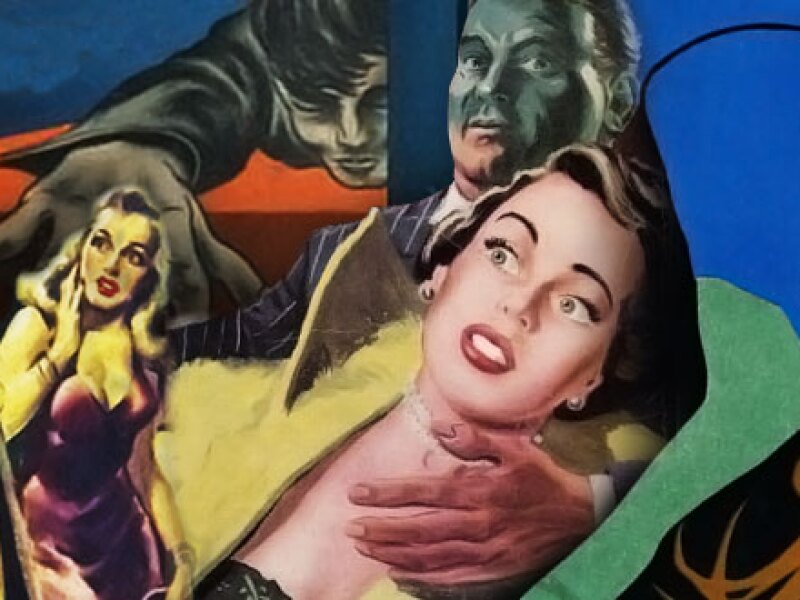History books make up an important genre in non-fiction. They help us understand the past so we can build a better future. From the American Civil War and two World Wars, to the Cold War and the Vietnam War, there is a vast selection of titles about the conflicts that have shaped our world. History books also provide a deep insight into key historical figures, from Genghis Khan to Ulysses Grant and Winston Churchill. World history is vast, and these 30 books are the tip of the iceberg. Our list of the best history books includes bestsellers, Pulitzer Prize winners and editor's picks from distinguished historians and biographers.
The best history books
Pulitzer Prize winner Ron Chernow - author of Hamilton - returns with a sweeping and dramatic portrait of one of our most compelling generals and presidents, Ulysses S. Grant. With lucidity, breadth, and meticulousness, Chernow finds the threads that bind Grant's disparate stories together, shedding new light on the man whom Walt Whitman described as "nothing heroic...and yet the greatest hero."
The Mandan Indians were the iconic Plains people whose teeming, busy towns on the upper Missouri River were for centuries at the center of the North American universe. We know of them mostly because Lewis and Clark spent the winter of 1804-1805 with them, but why don't we know more? In this extraordinary book, Fenn retrieves their history by piecing together important new discoveries in archaeology, anthropology, geology, climatology, epidemiology, and nutritional science. Her original interpretation of these diverse research findings offers us a new perspective.
Jared Diamond convincingly argues that geographical and environmental factors shaped the modern world. Societies that had had a head start in food production advanced beyond the hunter-gatherer stage, and then developed religion - as well as nasty germs and potent weapons of war - and adventured on sea and land to conquer and decimate preliterate cultures.
In nearly every country the Mongols conquered, they brought an unprecedented rise in cultural communication, expanded trade, and a blossoming of civilisation. Vastly more progressive than his European or Asian counterparts, Genghis Khan abolished torture, granted universal religious freedom, and smashed feudal systems of aristocratic privilege.
On September 8, 1941, 11 weeks after Hitler launched Operation Barbarossa, his brutal surprise attack on the Soviet Union, Leningrad was surrounded. The siege was not lifted for two and a half years, by which time some three quarters of a million Leningraders had died of starvation. Leningrad is a gripping, authoritative narrative history of this dramatic moment in the 20th century, interwoven with indelible personal accounts of daily siege life drawn from diarists on both sides.
An epic story of wasted opportunities and deadly miscalculations, Embers of War delves deep into the historical record to provide hard answers to the unanswered questions surrounding the demise of one Western power in Vietnam and the arrival of another. A gripping, heralded work that illuminates the hidden history of the French and American experiences in Vietnam.
Rites of Spring probes the origins, impact, and aftermath of WWI, from the premiere of Stravinsky's ballet The Rite of Spring in 1913 to the death of Hitler in 1945. Recognising that The Great War was the psychological turning point for modernism as a whole, Eksteins examines the lives of ordinary people, works of modern literature, and pivotal historical events to redefine the way we look at our past and toward our future.
A lively and engaging narrative history showing the common threads in the cultures that gave birth to our own. Dozens of maps provide a clear geography of great events, while timelines give the reader an ongoing sense of the passage of years and cultural interconnection. Literature, epic traditions, private letters and accounts connect kings and leaders with the lives of those they ruled.
The gripping stories of ordinary Germans who lived through World War II, the Holocaust, and Cold War partition - but also recovery, reunification, and rehabilitation. Broken Lives is a gripping account of the 20th century as seen through the eyes of ordinary Germans who came of age under Hitler and whose lives were scarred and sometimes destroyed by what they saw and did.
In 1942, the Gestapo sent out an urgent transmission: "She is the most dangerous of all Allied spies. We must find and destroy her." Based on new and extensive research, Sonia Purnell has for the first time uncovered the full secret life of Virginia Hall - an astounding and inspiring story of heroism, spycraft, resistance, and personal triumph over shocking adversity. A Woman of No Importance is the breathtaking story of how one woman's fierce persistence helped win the war.
Ancient Greece first coined the concept of "democracy", yet almost every major ancient Greek thinker-from Plato and Aristotle onwards was ambivalent towards or even hostile to democracy in any form. The explanation for this is quite simple: the elite perceived majority power as tantamount to a dictatorship of the proletariat. Cartledge sheds light on the variety of democratic practices in the classical world as well as on their similarities to and dissimilarities from modern democratic forms, from the American and French revolutions to contemporary political thought.
An unprecedented examination of how news stories, editorials and photographs in the American press, and the journalists responsible for them, profoundly changed the nation's thinking about civil rights in the South during the 1950s and '60s.
We think of Churchill as a hero who saved civilisation from the evils of Nazism and warned of the grave crimes of Soviet communism, but Roberts's masterwork reveals that he has as much to teach us about the challenges leaders face today - and the fundamental values of courage, tenacity, leadership and moral conviction.
A history of the brutal struggle for the Holy Land in the Middle Ages. Renowned historian Thomas Asbridge covers the years 1095 to 1291 in this account of one of the most fascinating periods in history. From Richard the Lionheart to the mighty Saladin, from the emperors of Byzantium to the Knights Templar, Asbridge's book is a magnificent epic of Holy War between the Christian and Islamic worlds, full of adventure, intrigue, and sweeping grandeur.
When black settlers Keziah and Charles Grier started clearing their frontier land in 1818, they couldn't know that they were part of the nation's earliest struggle for equality. But within a few years, the Griers would become early Underground Railroad conductors, joining with fellow pioneers and other allies to confront the growing tyranny of bondage and injustice. The Bone and Sinew of the Land tells the Griers' story and the stories of many others like them: the lost history of the nation's first Great Migration.
Nashville, August 1920, and 35 states have approved the Nineteenth Amendment, granting women the right to vote; one last state - Tennessee - is needed for women's voting rights to be the law of the land. Following a handful of remarkable women who led their respective forces into battle, The Woman's Hour is the gripping story of how America's women won their own freedom, and the opening campaign in the great 20th century battles for civil rights.
As a young man Frederick Douglass escaped from slavery in Baltimore, Maryland. He was fortunate to have been taught to read by his owner, and he would go on to become one of the major literary figures of his time. In this biography, David Blight has drawn on new information held in a private collection that few other historian have consulted, as well as recently discovered issues of Douglass' newspapers. Blight's biography tells the fascinating story of Douglass' two marriages and his complex extended family.
The liberation of Europe and the destruction of the Third Reich is a story of miscalculation and incomparable courage, of calamity and enduring triumph. In this first volume of the Liberation Trilogy, Rick Atkinson focuses on 1942 and 1943, showing how central the great drama that unfolded in North Africa was to the ultimate victory of the Allied powers and to America's understanding of itself.
Guy Burgess was the most important, complex and fascinating of 'The Cambridge Spies'. Burgess rose through academia, the BBC, the Foreign Office, MI5 and MI6, gaining access to thousands of highly sensitive secret documents which he passed to his Russian handlers. In this first full biography, Andrew Lownie shows us how even Burgess's chaotic personal life of drunken philandering did nothing to stop his penetration and betrayal of the British Intelligence Service.
Contrary to what so many Americans learn in school, the pre-Columbian Indians were not sparsely settled in a pristine wilderness; rather, there were huge numbers of Indians who actively molded and influenced the land around them. Indeed, Indians were not living lightly on the land but were landscaping and manipulating their world in ways that we are only now beginning to understand. Challenging and surprising, this a transformative new look at a rich and fascinating world we only thought we knew.
Appeasement is a groundbreaking history of the disastrous years of indecision, failed diplomacy and parliamentary infighting that enabled Hitler's domination of Europe. Drawing on deep archival research and sources not previously seen by historians, Tim Bouverie has created an unforgettable portrait of the ministers, aristocrats, and amateur diplomats who, through their actions and inaction, shaped their country's policy and determined the fate of Europe.
Starting as a Republican motto before becoming a hugely influential isolationist slogan during World War I, America First was always closely linked with authoritarianism and white supremacy. The American dream, meanwhile, initially represented a broad vision of equality. Churchwell traces these notions through the 1920s boom, the Depression, and the rise of fascism, laying bare the persistent appeal of demagoguery in America and showing us how it was resisted.
This history of modern Iran is not a survey in the conventional sense but an ambitious exploration of the story of a nation. It offers a revealing look at how events, people, and institutions are shaped by currents that sometimes reach back hundreds of years. The book covers the complex history of the diverse societies and economies of Iran against the background of dynastic changes, revolutions, civil wars, foreign occupation, and the rise of the Islamic Republic.
Illuminating America's political and economic relationship with the environment from the age of the conquistadors to the present, Davis demonstrates how the Gulf's fruitful ecosystems and exceptional beauty empowered a growing nation. Filled with vivid, untold stories from the sportfish that launched Gulfside vacationing and Hollywood's role in the country's first offshore oil wells.
Mary Beard narrates the history of Rome spanning nearly a thousand years of history and examines not just how we think of ancient Rome but challenges the comfortable historical perspectives that have existed for centuries. With its nuanced attention to class, democratic struggles, and the lives of entire groups of people omitted from the historical narrative for centuries, SPQR will to shape our view of Roman history for decades to come.
Embracing Defeat is the fullest and most important history of the more than six years of American occupation, which affected every level of Japanese society, often in ways neither side could anticipate. Dower gives us the rich and turbulent interplay between West and East, the victor and the vanquished, in a way never before attempted, from top-level manipulations concerning the fate of Emperor Hirohito to the hopes and fears of men and women in every walk of life.
America's distinguished historian presents, in a book of breathtaking excitement, drama, and narrative force, the stirring story of the year of America's birth, 1776, interweaving, on both sides of the Atlantic, the actions and decisions that led Great Britain to undertake a war against her rebellious colonial subjects and that placed America's survival in the hands of George Washington.
Patrick Radden Keefe's mesmerizing book uses a 1972 murder case as a starting point for the tale of a society wracked by a violent guerrilla war. From radical and impetuous I.R.A. terrorists such as Dolours Price, who, when she was barely out of her teens, was already planting bombs in London and targeting informers for execution, to the ferocious I.R.A. mastermind known as The Dark, to the spy games and dirty schemes of the British Army - Say Nothing conjures a world of passion, betrayal, vengeance, and anguish.
Covering Nobel Prize winners and major innovators, as well as lesser-known but hugely significant scientists who influence our every day, Rachel Swaby's vibrant profiles span centuries of courageous thinkers and illustrate how each one's ideas developed, from their first moment of scientific engagement through the research and discovery for which they're best known.
